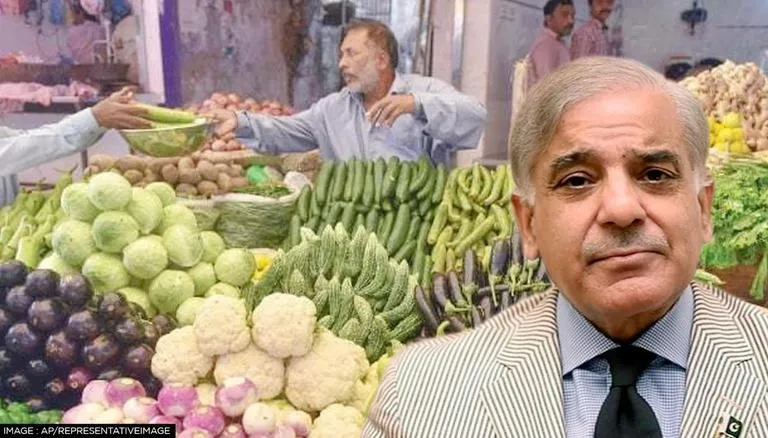Amid the ongoing humanitarian crisis in Pakistan following the deadly flooding, the nation’s annual inflation has increased to 27.13% this week. As per the weekly inflation report of the Federal Bureau of Statistics, the cost of at least 23 essential products increased this past week, while the cost of 14 other necessities dropped and 14 stayed unchanged. Further, Pakistan’s weekly inflation rate rose by 0.35%, while the annual rate for the most recent week was 27.13%, The Express Tribune reported.
Notably, prices for firewood have risen by 1.57%, while fresh milk cost has increased by 1.23%, and dried milk prices by 2.22%. Among vegetables, the prices of tomatoes have increased by 2.63%, while salt by 4.84% in recent weeks, the report further said. In the meantime, there was a 1.88% rise in the price of potatoes, a 0.45% rise in the cost of LPG, and a 3.63% increase in the price of lentils.
According to The Express Tribune, the Federal Bureau of Statistics’ data also indicated that prices for 14 necessities have remained consistent in previous weeks.
Pakistan inflation
Furthermore, the data revealed that the rate of inflation over the past week was 26.14% for the group with a monthly income between Rs 22,889 and Rs 29,517, and 22.65% for those with an income up to Rs 17,732 per month. Likewise, for individuals earning between Rs 29,518 and Rs 44,175 per month, the rate of inflation had grown by up to 328.48%. For the segment with incomes greater than Rs 44,176, inflation has increased by 32.58%, as per the report.
Meanwhile, unprecedented floods have devastated Pakistan, which is in need of more funding to reconstruct the nation after the natural calamity brought its economy to a standstill. According to a senior International Monetary Fund (IMF) official, a team will travel to Pakistan early in November to begin the next evaluation of the nation’s current economic program.
The International Monetary Fund in its most recent review in August, authorised the seventh and eighth tranches of its $7 billion Pakistan project, totaling $1.17 billion. According to an Associated Press report, the plan was signed in 2019.
Jihad Azour, the IMF’s Director of the Middle East and Central Asia, noted that the global lender said it will send a delegation to Pakistan in November following the annual meetings as part of the preparations for the next review, according to a report in The Dawn newspaper on October 13.
It is pertinent to mention that more than 30 million people were rendered homeless and over 1,600 people lost their lives in the terrible floods, which aggravated Pakistan’s currency problems and caused an estimated economic loss of about $28 billion.

